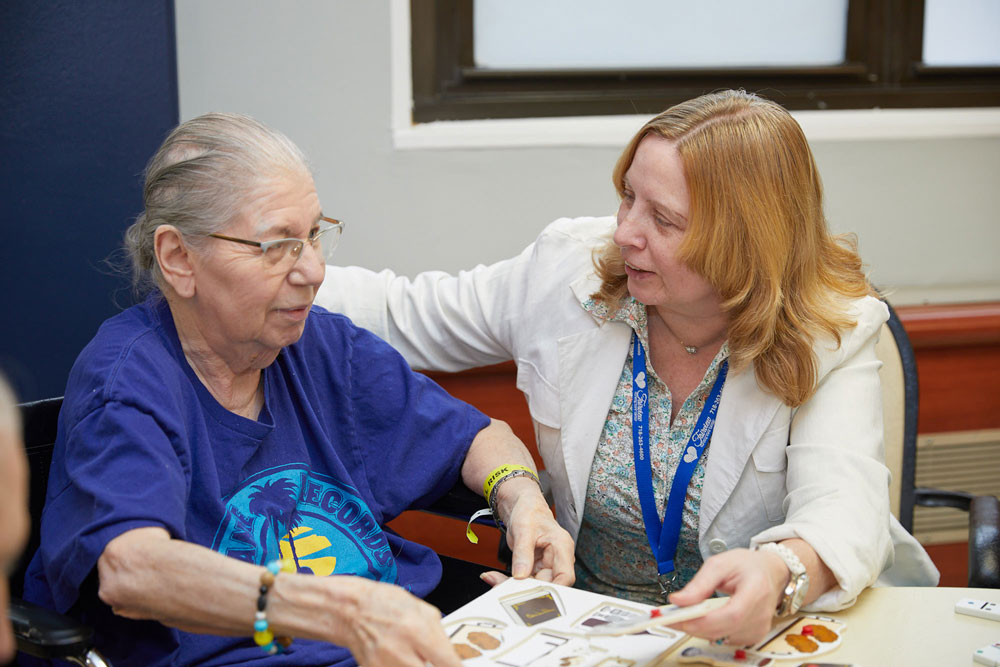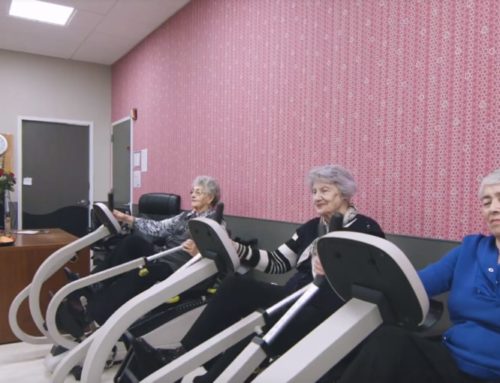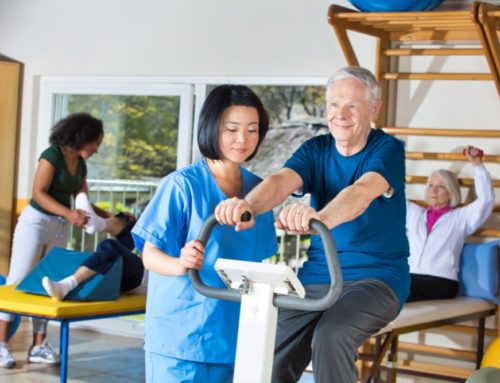8 Powerful Ways To Improve Brain Function
Without a healthy mind, your overall health could be compromised, and your recovery could be prolonged. An active and strong brain can make a huge difference. This is why you should understand how to improve brain function to aid your recovery or rehabilitation.
We, at Fairview Rehab in Queens NY, offer outpatient and inpatient rehab therapies and emotional support for patients with brain and mental issues. Restorative therapy can help patients with brain issues and improve their ability to think. But here are seven key ways that you can also do regularly to see the results.

Ways to Improve Brain Function and Ability to Think
- Get physically active
It is known that that physical activities boost blood circulation, and blood delivers oxygen to the brain. The brain needs good circulation and that is why it is so important to regularly be physical active. Start your day with exercises, aiming for at least a 15-minute workout a day, and see the results.
- Practice breathing exercises and meditate
Often used in meditation, breathing exercises help to improve the lung’s function and its ability for maximum oxygen, which is also important for the brain.
There is a stigma surrounding meditation – some people believe it is superstitious and provides no benefit to our mind or body. New research actually show that it can help, however. Meditating for 5-10 minutes per day can reduce your stress levels and put less pressure on your mind. It can also reduce the chance of disorders like dementia.
- Eat food that stimulates your brain
Certain foods are classed as “brain foods”. These items contain important components that can improve brain function and boost your mental capacity. As part of your recovery process, we will provide a varied diet packed full of important nutrients and vitamins. Foods containing high levels of Omega Acids, for example, are known to improve your memory and help your concentration.
- Exercise your brain using puzzles and brain teasers
Brain training is obviously a key activity. Performing mental training helps keep your mind alert, focused and sharp. You could try a myriad of mental and fun activities such as crosswords, word searches or Sudokus for example. Reading is also a great stimulant for our mind.
- Socialize and converse with others
Humans by nature are social. We thrive upon social interactions with others. Medical studies have actually shown that engaging in conversations and meaningful interactions with others have a positive impact on our mind. If we sit in isolation or go days without speaking it can cause our brain to become sluggish.
- Ensure you gain sufficient sleep
It is a well-known fact that our brains cannot function as effectively without sleep. Sleep deprivation has numerous side effects such as a lack of concentration and focus. Ensuring you gain a solid night’s sleep is key to keeping your brain sharp – it will also help your body recover.
- Learn a new subject
As the saying goes, you are never too old to learn! Education isn’t limited to your school years. Learning new things can actually help improve brain function. We are not suggesting enrolling in an online college – but small doses of learning really can make a difference. Maybe you want to learn a second language? Or what about improving your knowledge of IT or classical literature? Challenge your mind and you will reap the rewards.
- Vitamin D to improve your brain function
Sunlight is beneficial in many ways. Firstly, it can just make you feel better and positive – who doesn’t love seeing the sun shining on a warm day? Secondly, healthy doses of Vitamin D can also help maintain brain function and improve your mental performance.
Why not give one or more of these activities a try? Spending 30 minutes per day performing these seven activities can greatly improve your brain function. We can incorporate activities such as these into your rehabilitation program so that your mind remains strong whilst your body recovers.
This article contains informational and educational materials and does not replace health or medical advice. For questions or concerns regarding your medical condition or health objectives, speak to a qualified physician or healthcare provider.






Leave A Comment